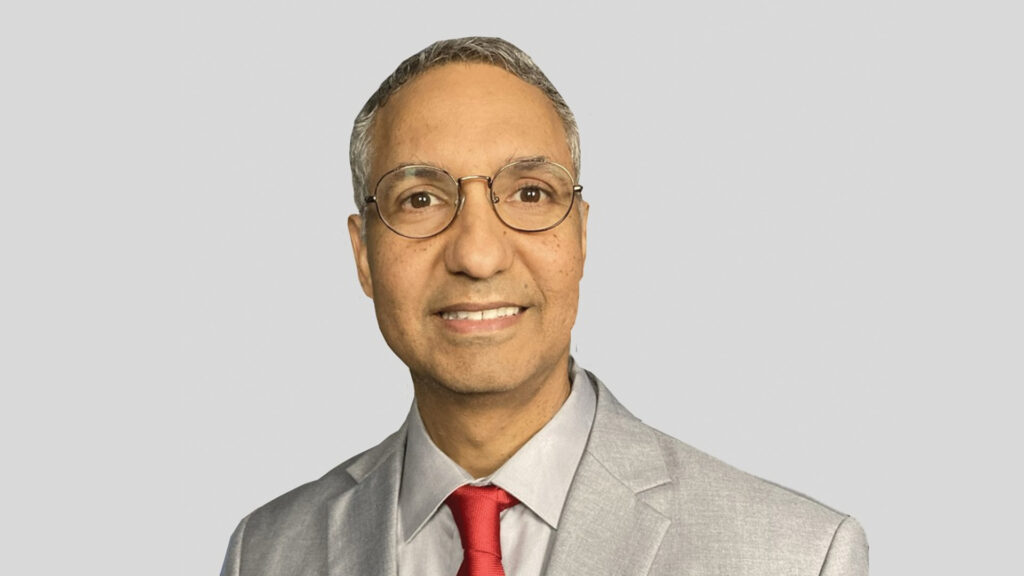Stresses push students out of drug dealing
Former student dealers talk dangers and positives of selling
January 27, 2016
There was no peep-hole conversation, no door-chain confirmation, just an unlocked door and Joe Pesci’s voice chattering away as “Goodfellas” played on the television.
The house looked not unlike many student homes on a Saturday morning: the previous night’s Domino’s box still on the counter, a gaggle of shoes strewn about the entryway, groggy bloodshot eyes peering up from a hand-me-down sectional couch.
This must have been the first visitor of what was sure to be many that day. Sitting down, details were hashed out after which the man slowly walked upstairs.
Upon returning, he brushed aside the textbook and the half-empty beer bottles resting on the build-it- yourself Wal-Mart coffee table, laying out a digital scale and Mason jar. A few measurements, a bro hug and it was over. Quick and painless.
College is a time of exploration and, for better or worse, drug use is a part of that. Which, by association, means drug dealers.
These local dealers are often students themselves, a fact that is lost on many of the clients they sell to.
When EWU student “GE” found himself between jobs, he decided he would do what he knew: work with weed. “I needed money really fast,” GE said. “So I sold bud and oil. Occasionally Adderall, but that was just for friends.”
Once he found a new job, GE said he stopped selling because it was not worth it, but if it came to it, he would start again.
“Of course, who wouldn’t want to make $400 in a day? It is random; it is not consistent. That is not a set figure. But if somebody is doing very well, especially on college campuses, it is possible. Say during finals week, with Adderall, they can make a month and a half salary in that one week,” GE said.
At a collegiate institution, it is hard to not have a connection to someone who is involved in the drug trade. The National Survey on Drug Use and Health found in 2014, 60 percent of United States citizens found marijuana fairly or very easy to obtain; in Washington, that number is much higher with the legal availability. But as GE pointed out, the legal weed is cut off from a large portion of the recreational market.
“Illegal sales own the minor market, which is a major demo graphic in this business. You know, black market dealers have access to people under 21, which the dispensaries don’t. For a dumb teenager who is making $9.47 an hour and weed is literally part of their budget, they can’t afford to buy legally even if they wanted too,” GE said.
It is not a matter of good and evil but rather a part of the culture of a college campus. The American College Health Association’s Spring 2015 survey found almost 40 percent of college students have used marijuana at some point, slightly lower than GE’s projection that “half of any classroom you walk into has used.” The Medicine Abuse Project found over 30 percent of college students use prescription stimulants non-medically, like the Adderall that GE sold.
Students find a variety of reasons to use drugs, but narcotic use is most prevalent in the 18- to 24-year-old demographic — the prime college years.
If the reasoning behind drug use varies, so too does the drug choice. EWU student “TL” formerly sold cocaine at Eastern and expressed how quickly his trade became overwhelming.
“I actually just kind of started casually selling it, and then it picked up for a quarter, but I quit because too many people were asking about it too fast,” TL said. Twenty-four percent of Americans reported cocaine was fairly or very easy to obtain.
The quick money and appeal of not having to alter one’s lifestyle draws students to dealing, even if it does mean breaking the law. “It was exciting, too, because it is a really daring thing,” said TL. “But in the back of your head, you know that it is really dumb. It is one of those things you know you’re not supposed to do and that’s what makes it so tempting.”
Both GE and TL understood the risks they were taking by breaking the law, but GE was much less concerned in his time as a proprietor.
“I feel like it is a waste of the law’s time to enforce against marijuana. So I was aware the whole time [of breaking the law] but never felt concerned,” GE said.
And the money does flow.
“If I stayed in, I could probably, in a two-week time frame, be able to make about two grand,” TL said.
GE echoed this, claiming he would double his investment almost immediately and then turn around and double that as fast as he could. But he pointed out there is a problem having that much product in your possession.
“[Selling] is fun, but a lot of people I know enjoy ‘get high on your own supply.’ Basically, ‘Hey I have a lot of crap, maybe I won’t sell half this time because I want some. Maybe I will just keep it and go a little crazy,’” GE said.
But where does all that “crap” come from? How does a regular user come into enough product to start their own black market?
GE simply requested to buy more from his supplier at the time.
“It is like a hierarchy, a totem pole. It goes customer, dealer, distributor, supplier,” said GE. “Each step through the [marijuana] is chopped down from massive bulk. As the drug trickles down, the money funnels back up. Each person owes money to the person above them. The hard part isn’t getting enough to sell, it is finding and keeping customers.”
In a market where public advertising would surely lead to handcuffs and time behind bars, the biggest challenge is clear.
“It is easier to lose 10 customers than to gain one. Because customers will leave for any reason — they don’t like your product or you made them mad. But getting someone in the door in the first place, that’s hard. Then you have to get people to come back,” said GE. “It is so much easier to lose customers. Like maybe one day Reggie on the other side of town is selling eighths for 20, and they jump on that and then just forget about you. You know it isn’t personal, they just forget.”
For these student entrepreneurs, the pressures of studies, a volatile client base and the threat of jail time became too much, and they chose to walk away.
“There is a lot you can lose from doing something like that,” said TL. “You put everything on the line just to make a certain amount of money. After I reached my quota I just stopped buying because I knew nothing good could come out of me continuing.”









